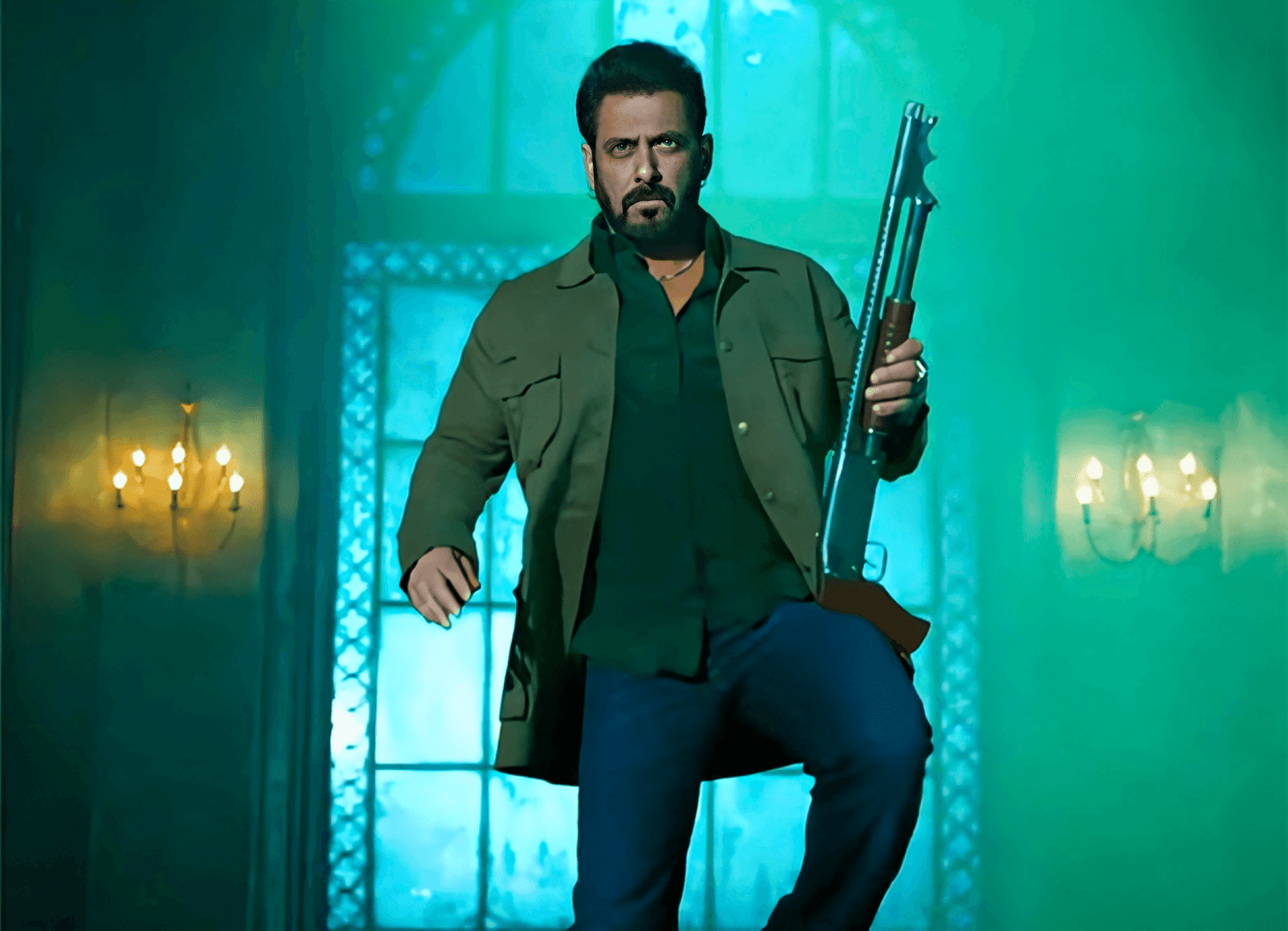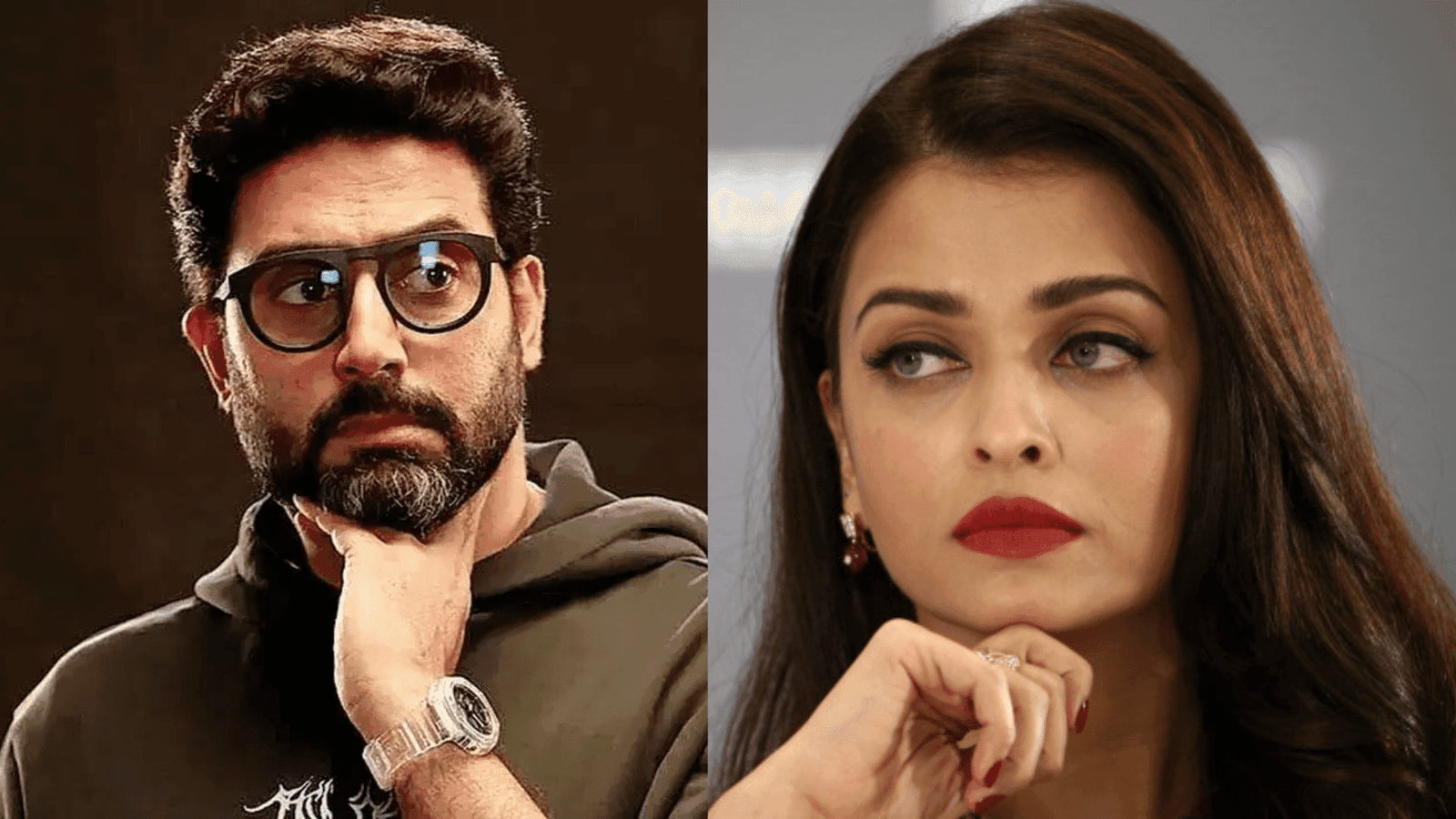In a major piracy incident that has rocked Bollywood, Vicky Kaushal’s most recent film, Chhaava, leaked online in a high-quality 4K print mere hours after its February 14, 2025 theatrical premiere.
Mumbai Police responded quickly to the illegal film distribution, registering a case under several legal statutes and starting an inquiry that culminated in three people being arrested.
Under direction Laxman Utekar and produced by Maddock Films, Chhaava was among the most much awaited movies of 2025.
But piracy dogged its release since illicit copies of it emerged across 1,818 internet sites, therefore allowing a large audience without permission.
First revealed by August Entertainment’s anti- piracy organization CEO Rajat Rahul Haksar, who formally complained on March 20, 2025,
the leak This led Mumbai’s South Cyber Police Station to register a case under CR No. 23/2025 under the Bharatiya Nyaya Sanhita, Copyright Act, Cinematograph Act, and IT Act, therefore implying charges under each of them.
Andheri Leads Police Raid Results in Arrests and Server Seize
After a thorough investigation, the police raided Andheri on March 21, 2025, at 8:00 AM IST, arresting three people engaged in illicit distribution.
Operating a piracy network that enabled Chhaava’s online breach, the suspects—Ravi Sharma, Neha Patel, and Karan Desai—were discovered Law enforcement officials made a significant discovery in the case when they grabbed several servers hosting the 4K print of the film during the operation.
Authorities think the release was the result of a well-organized piracy gang that has been in charge of other high-profile movie breaches in recent years, not only of lone hackers.
The inquiry also revealed money activities connected to the dissemination of illicit copies, suggesting the presence of an underground network making advantage from such breaches.
Forensic Report Verifies Leak Resulted from Insider Breach
Confirming that the leak started from a pre-release screening copy, a forensic analysis dated March 22, 2025, indicated an insider compromise.
Two days before its formal publication, February 12, 2025, allegedly saw illegal copying of Chhaava. Investigators believe that early access to the digital print of the movie helped to enable the leak, therefore compromising industry security systems.
Since leaks of high-budget films still provide a significant obstacle for the Indian film sector, this disclosure has caused production firms of movies to rethink their pre-release security policies.
The production company behind Chhaava, Maddock Films, has said that it intends to seek legal action against individuals engaged and to closely collaborate with authorities to prevent such events in the future.
Box Office Effect: Piracy Losses Chhaava ₹25 Crore
Trade data show that Chhaava has been a huge hit at the movie office, exceeding ₹500 crore in worldwide collections by March 15, 2025, despite the setback in piracy.
But since viewers now had access to illicit copies online, the movie suffered a noteworthy 10% drop in weekend receipts after the breach.
BookMyShow’s March 18, 2025 investigation projected that piracy caused a financial loss of ₹25 crore since many prospective viewers chose to see the pirated version rather than paying tickets.
This effect was felt even when the movie reached a 12 million ticket sales milestone, therefore demonstrating its great audience appeal.
With film industry players pushing authorities to adopt more robust digital security systems to safeguard intellectual property, the piracy issue has sparked once more the discussion on tougher anti-piracy laws in India.
Vicky Kaushal responds: exhorts supporters of Legal Viewing to
Lead actor Vicky Kaushal responded to the circumstances by discussing them on social media via X (previously Twitter), on March 19, 2025. Kaushal voiced his dismay about the piracy issue and exhorted viewers to use legal channels of support for movies.
“Love, great effort, and hard work define Cinema. Piracy compromises the art of filmmaking as well as the business. I insist that every one of my supporters see Chhaava on lawful channels or in theatres. Let us fight piracy together, he said.
The movie fraternity responded well to his comments; other Bollywood stars and directors shared his feelings. Many business leaders have demanded strict application of anti- piracy rules to stop future leaks influencing important movie releases.
Cyber Cell Investigates 15 More Suspects Booked
With a statement published on March 22, 2025, at 10:00 AM IST, Mumbai Police’s Cyber Cell has kept investigating the piracy ring and has booked 15 more suspects in link with the matter.
The probe has also shown connections between this gang and the 4K leaks of three more big Bollywood films in 2025, therefore underscoring the extent of the piracy network.
Now authorities are concentrating on destroying the bigger criminal network behind these disclosures.
Law enforcement authorities have underlined that digital piracy not only results in financial losses to the entertainment sector but also results in legal consequences for the engaged individuals.
Strengthening Anti-Piracy Policies
Once further underlining the ongoing menace of illegal film distribution in the digital era is the Chhaava pirate case.
Although authorities have made great progress in identifying the offenders, the episode reminds us of the weaknesses still afflicting the movie business.
Enhanced security measures include encrypted digital screens and tighter control on pre-release copies are now under consideration by film production houses, distributors, and cybercrime units.
Since stakeholders are looking for long-term solutions to this continuous problem, there is also increasing demand for tougher sanctions for individuals engaged in piracy.
The fight against piracy stays a vital struggle for filmmakers, business leaders, and law enforcement authorities both as Chhaava keeps on its theatrical tour.
With authorities pledging to eradicate illicit distribution networks in order to preserve the integrity of Indian film, the case has set a standard for next investigations.









